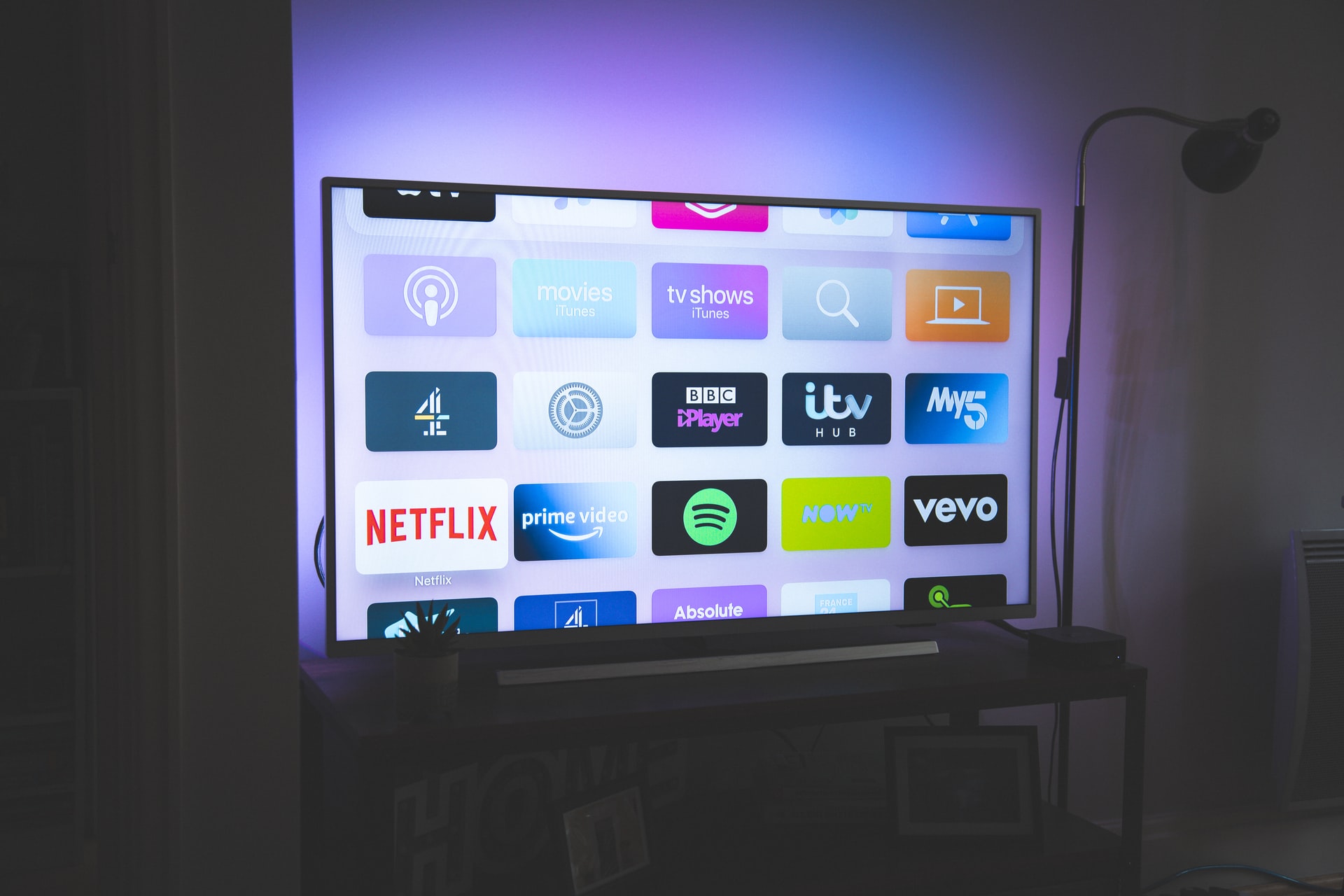What Has Changed, and What Hasn’t, in Last 40 Years of Black Representation on TV
For decades, shows depicting Black life were mostly written and constructed by white screenwriters and intended for a mostly white audience.

Television shows that explore the Black American experience have been around for decades. But for a very long time, they were mostly written and constructed by white screenwriters and intended for a mostly white audience. In the ’90s and in more recent years, that has changed a bit. Now, shows with all- or mostly-Black casts are often constructed by Black writers and producers and are aired on streaming platforms like Amazon, Netflix and Hulu. This has produced critically acclaimed shows such as “Atlanta” and “Insecure.”
“Who’s in a writers room or in the halls of power directly affects what we see on screen.” –Hannah Giorgis, The Atlantic
But there’s a deep question as to whether more inclusive changes in the television industry — for Black and nonwhite writers and producers — will remain.
Listen: The Atlantic’s Hannah Giorgis talks about the unwritten rules of Black TV.
Guest
Hannah Giorgis is a staff writer at The Atlantic, where she covers culture. She recently wrote a piece in The Atlantic’s Inheritance project exploring these tensions in the article, “Not enough has changed since Sanford and Son.”
“Who’s in a writers room or in the halls of power directly affects what we see on screen,” says Giorgis.
Even when there are Black and brown writers represented in the creative staff of TV shows, she says their experiences and input have often been ignored or pushed aside.
“Writers rooms and, in general, creative collaborative spaces can be thorny, because of course, people are sensitive about their work. People are sensitive about their art,” she says. “But I think that there’s something in that inclination to take somebody saying, ‘Hey, this doesn’t quite sound right to me as as a person who has an experience like this, or who knows this really well,’ to take that as a more personal attack rather than that person speaking from a place of authority and experience about what shape the story could take, [that] is really interesting.”
Giorgis says the advent of streaming services has changed the landscape for Black TV and Black storytelling in significant ways.
“There is an incentive for those platforms to produce an array of shows, films, etc., that are appealing to lots of different audiences,” she says. “And so the question isn’t necessarily, how do you get tons of people to tune into one sitcom, but rather, how do you produce enough that there’s so much that a sort of critical mass of people has at least one favorite show on your platform.”
Trusted, accurate, up-to-date.
WDET strives to make our journalism accessible to everyone. As a public media institution, we maintain our journalistic integrity through independent support from readers like you. If you value WDET as your source of news, music and conversation, please make a gift today.
